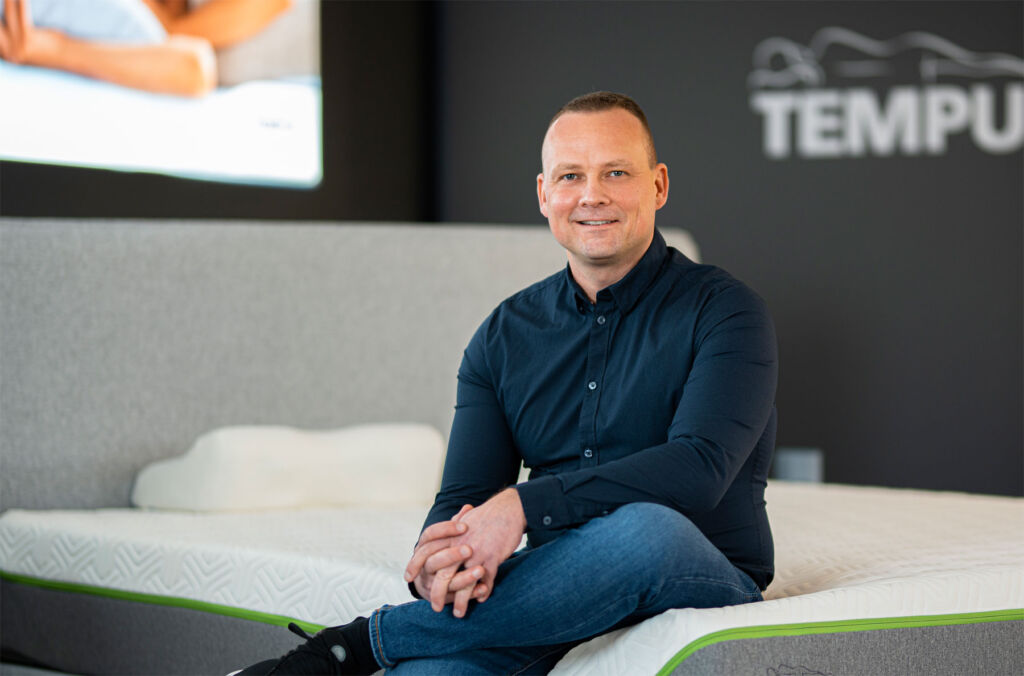
Getting a great night’s sleep is often akin to a mystery. Even if your body tells you it’s time, it can sometimes be nigh-on impossible. An expert’s advice is needed, and there are few better-placed people on the planet to do this than Thomas Høegh Reisenhus, the sleep specialist and sleep counsellor at TEMPUR®.
The average person sleeps for a whopping 26 years during their lifetime, so it’s essential that we’re doing it right. We reached out to Thomas Høegh Reisenhus for his advice on unlocking the mysteries behind getting a great night’s sleep, and of course, we touched on the subject of pillows and mattresses.
LM: We all know sleep is vital, yet most of us skimp on it. Talk us through why sleep needs to be a priority in our lives.
Thomas Høegh Reisenhus: On average, we spend a third of our lives asleep, with our ability (or inability) to sleep impacting our mood and mental and physical health. If we don’t get enough sleep, we become less productive, find coping with stress difficult and struggle to focus. If lack of sleep develops into a long-term problem, we’re more likely to suffer from poor mental and physical health.
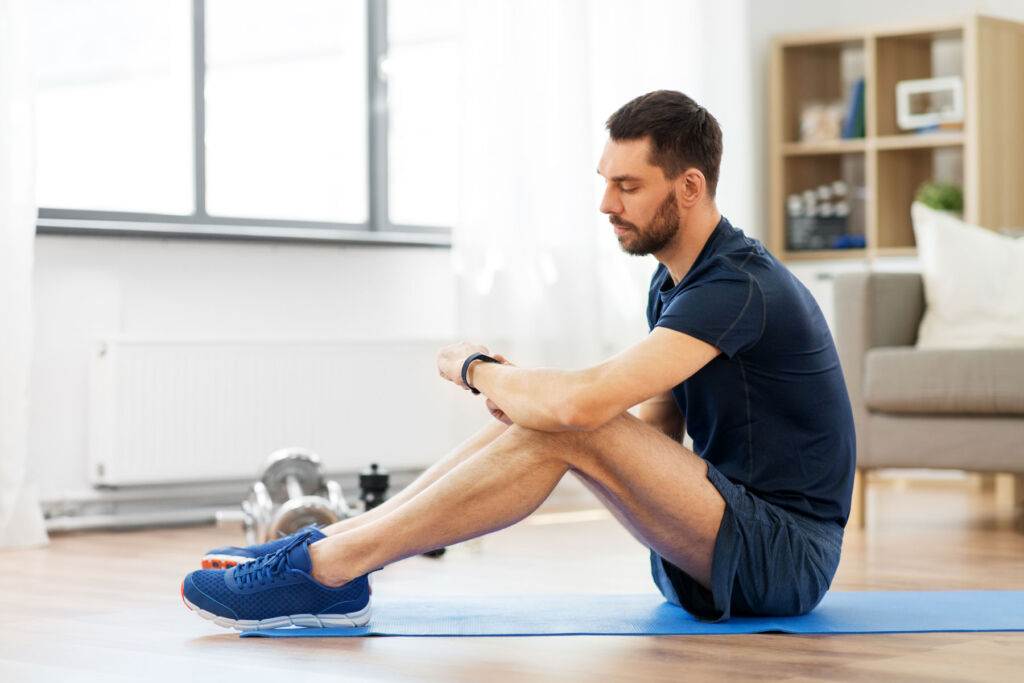
LM: Since the global pandemic, many of us have started to take exercise seriously. Sleep is even more important when exercising for muscle recovery, right?
Thomas: When we exercise, regardless of the exercise type, we’re placing strain on our muscles and, as such, experience hypertrophy (small, microscopic tears within the muscle tissue), which leaves us feeling sore after a challenging workout. For us to heal, the body essentially stitches up the tears, alleviating any feeling of soreness, whilst strengthening muscles over time.
This healing process’s success depends on many components, including sleep. Most tissue growth and repair take place when you sleep. Protein synthesis – the creation of new proteins that then become muscle tissue – happens during sleep. During non-REM (rapid eye movement) sleep, the brain is resting, so more blood is available to circulate to the rest of the body, bringing oxygen supplies and nutrients that cells then use to heal.
Naturally occurring growth hormones are also released during non-REM sleep. As our bodies enter this stage of sleep, signals are sent to the pituitary gland – the part of the brain in control of our hormones – to release growth hormones. This then stimulates tissue repair in the ‘torn’ muscles, which is what helps cells to regenerate. Thus, sleep allows our bodies to rest and recuperate, which facilitates the repair and strengthening of the muscles we put under stress during workouts.
A good night’s sleep also helps to boost our immune system and overall energy levels – both of which are key to tackling a tough training programme. And so, it follows that a lack of sleep will inevitably put us at risk of sustaining injuries to our muscles, potentially causing long-term damage.
LM: There’s also a link between brainpower and sleep. Can you tell us a little more about that, please?
Thomas: When talking about the relationship between exercise and sleep, it’s important to consider the most powerful ‘muscle’ in our body – the brain. Sleep (or the lack of it) can impact which part of our brain is in control on any given day. So, in fact, many of our daily decisions are actually pre-determined simply by the quality and quantity of sleep we’ve enjoyed the night before.

The prefrontal cortex plays a central role in cognitive control functions and influences areas including attention and impulse inhibition – crucial if you want to stick to your training schedule. Good quality sleep will boost the strength and functional connectivity in this area of the brain, meaning the more sleep deprived we are, the less in control we are of our rational thought process and decision making.
The difficult part when planning a gym visit is getting the enthusiasm to go in the first place. If you have had a long day at the office and you’re faced with heading to the gym or watching TV on the sofa, the decision will be based on which part of your brain has more power. If you are well-rested and the prefrontal cortex has control, then sticking with your training schedule and heading to the gym – which will offer more long-term benefits than sitting on the sofa – will be an easier choice.
Ultimately, enjoying both quality and quantity of sleep affords us the motivation to make decisions based on our long-term goals and plans.
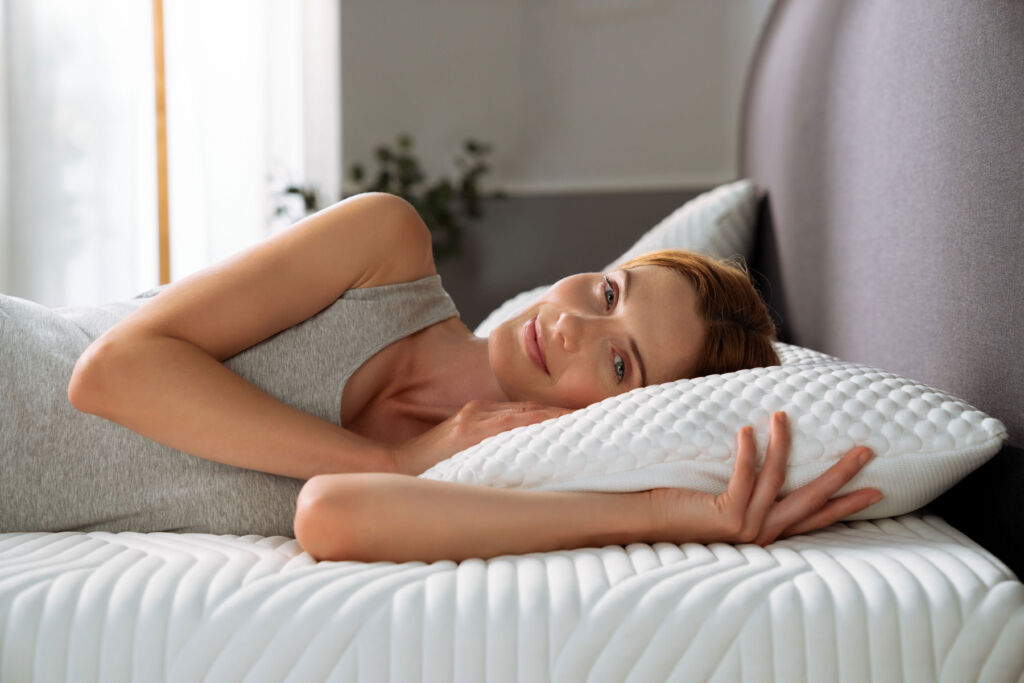
LM: When choosing a good mattress to aid better sleep, what should we be looking out for?
Thomas: A mattress that is too soft will cause your back or hips to slouch and your spine to fall out of alignment, whilst one that is too firm will put pressure on your joints and may potentially cause discomfort or pain. Investing in quality sleep products means you are less likely to wake up in the night due to pain caused by an uncomfortable sleeping position, enjoying a longer and better-quality night’s sleep – which will allow for faster muscle recovery and growth.
There are many different types of mattresses, so it’s important to visit a store and discuss your needs with a trained expert before investing. As mattresses age, everyday wear and tear can cause the material to break down, meaning that it will no longer offer you the same support, so make sure to invest in a new one every eight-ten years.
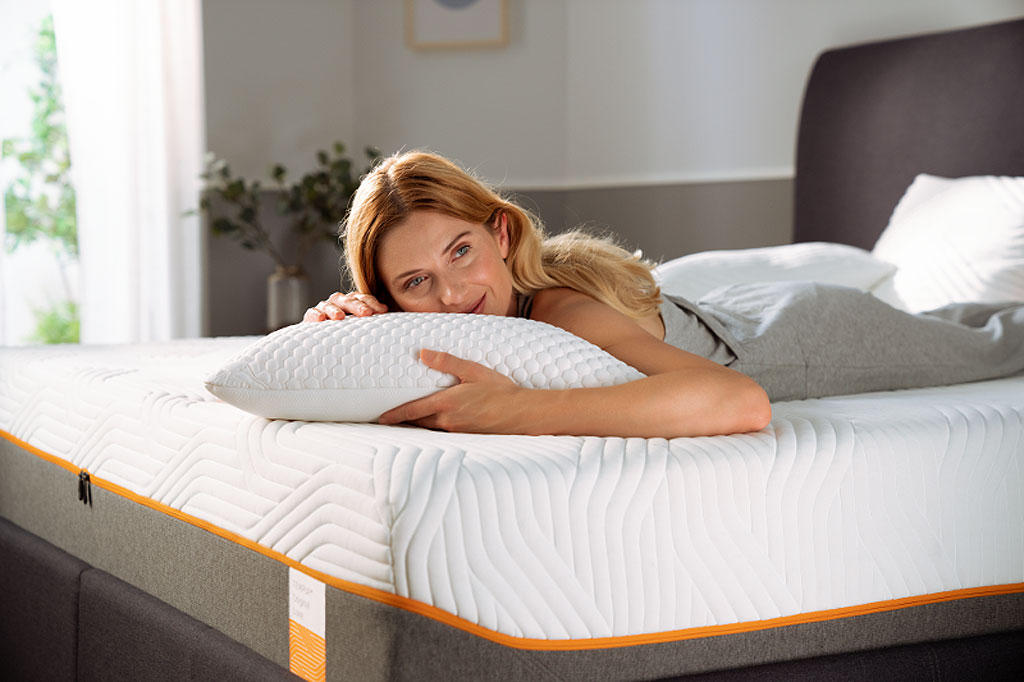
LM: How important is form when it comes to our sleep?
Thomas: In sleep as well as in the gym, good form is the golden rule. It’s important to ensure we’re sleeping on a supportive mattress with a quality pillow that keeps our head, neck and spine aligned. Ideally, your mattress should adapt to you, keeping your spine straight whilst spreading the weight and absorbing pressure to provide relief in any painful areas of your body.
LM: Do our sleep needs change as we age?
Thomas: Whilst it’s common for adults aged 50+ to experience changes in the quality and duration of their sleep, contrary to what many people believe, the body’s need for sleep doesn’t change as you age. In fact, older people don’t need less sleep than the average person; instead, changes and disruptions to sleep patterns occur due to the effects of an ageing suprachiasmatic nucleus (SCN).
The SCN controls our circadian rhythm, aka when we feel tired vs when we feel alert, so deterioration of this directly impacts the quality and duration of sleep we enjoy as we age. Changes in the production of hormones, such as melatonin, aka the sleep-inducing hormone, may also disrupt our sleep cycle as we age.

Further to this, health conditions can commonly affect older adults, including heart disease, diabetes and conditions that cause physical pain and discomfort, such as arthritis. In addition, there is menopause, a time of major hormonal, physical and psychological change for women. These can all cause significant disruptions and changes to the quality and duration of sleep.

LM: What about the sleeping environment? Are there things we can do to ensure comfort in our bedrooms?
Thomas: The ideal environment for sleep is dark, cool and quiet, so in essence, your bedroom should mimic a cave. Invest in blackout blinds or an eye mask to block out light, and ensure your bedroom is slightly cooler than the rest of your home – around 18°C is ideal. Sleeping in cotton bedding and pyjamas will allow your skin to breathe and help to keep you comfortable during the night.
LM: And the million-dollar question, how can we ensure we a good night’s sleep?
Thomas: Unfortunately, sleep is more complex than simply curling up under a duvet; our mind and body need to be completely relaxed, so establishing a wind-down routine that helps you achieve this is key.

Some instant and relaxing wind-down procedures are a warm lavender bath, massaging magnesium oil into tired limbs for a boost of the feel-good hormone oxytocin, a milky drink or chamomile tea, reading, or reflecting on your day by writing it down. Also, some light stretching or yin yoga is a great way to unwind before bed as it makes you focus on slowing your breath, which helps both the mind and body to relax.
For more information on TEMPUR®, visit www.tempur.co.uk.
Read more exclusive interviews here.
![]()


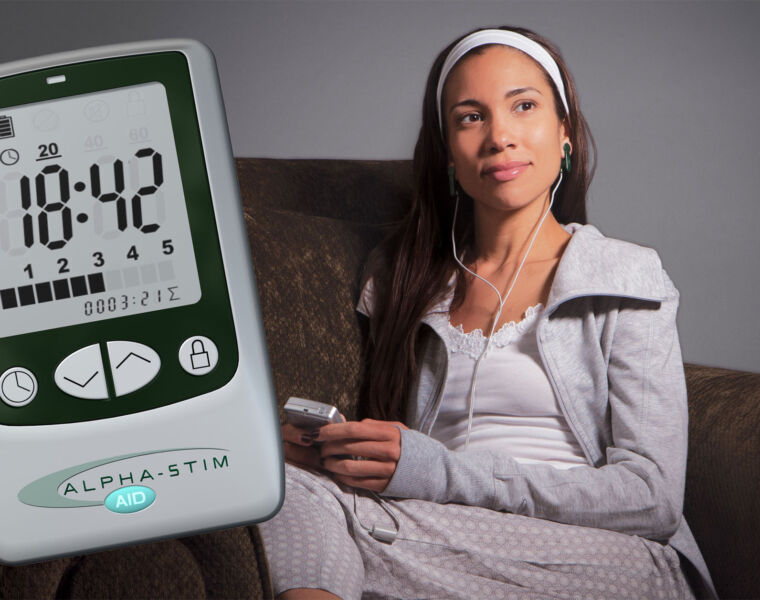

You must be logged in to post a comment.